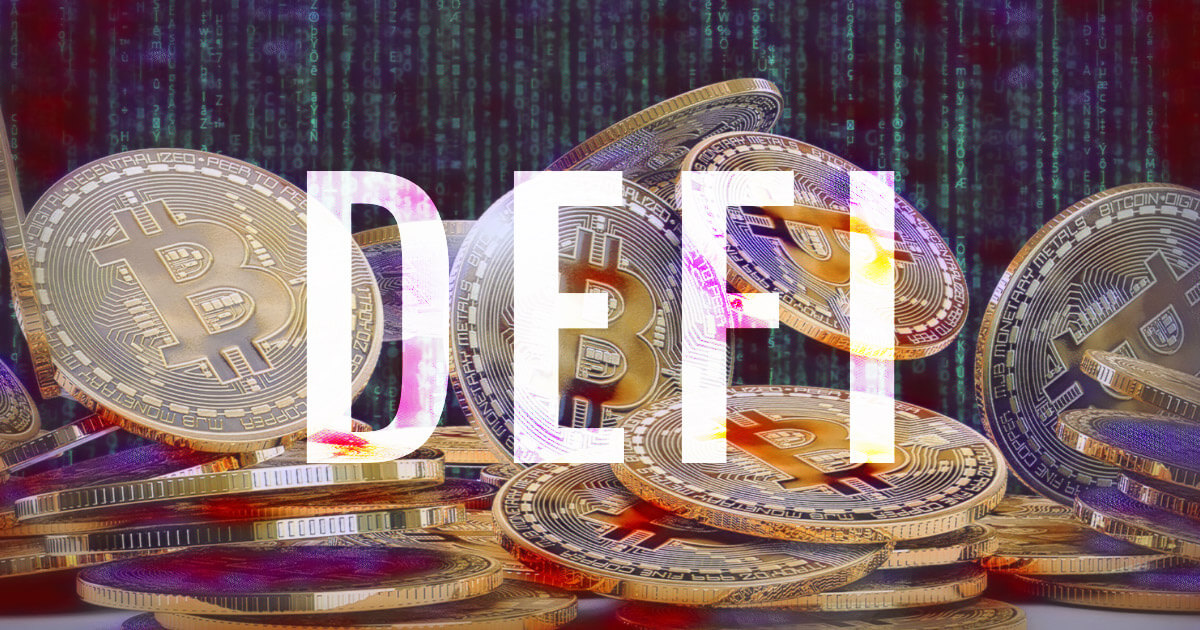As blockchain technology continues to revolutionize various sectors, gaming stands out as a particularly vibrant field. However, the rapid growth of blockchain gaming has encountered obstacles, notably from regulatory scrutiny. In 2024, companies navigate through evolving terrains, striving to adhere to complex regulations while fostering innovation and engaging players. This discussion explores the capacity of blockchain gaming to manage regulatory oversight and its potential impact on the future of Web3.
The Regulatory Environment
The rise of blockchain gaming has caught the attention of regulators globally, with companies like Immutable receiving a Wells notice from the SEC, indicating potential legal action over securities law concerns. Immutable’s situation marks a pivotal moment in the development of Web3 gaming, underscoring the heightened regulatory focus.
This scenario underscores the hurdles that innovators face as they traverse a complicated terrain that blends gaming, finance, and regulation. For blockchain firms, compliance has become an essential part of their growth strategy in a world where the lines are increasingly blurred.
Developers find the regulatory environment challenging as many jurisdictions view blockchain tokens and assets as securities, imposing stringent compliance requirements. Companies must adapt their models and tokenomics to align with evolving regulations without hampering creativity.
Navigating Compliance and Innovation in Blockchain Gaming
For blockchain gaming companies to flourish, prioritizing compliance is key. Beyond merely meeting basic requirements, fostering a culture of integrity and trust is crucial. By implementing robust AML and KYC protocols, companies can deter illegal activities and ensure a safe space for players.
Investing in cutting-edge compliance technologies and partnering with regulatory experts can facilitate a smooth journey through the legal landscape. This dedication to adherence not only secures compliance but also cements a reputation for responsibility and innovation in the fast-paced world of blockchain gaming.
Furthermore, engaging with regulatory bodies is vital. Constructive dialogue can lead to clearer regulations, enabling companies to comply without stifling creativity. As Immutable’s leadership has pointed out, the industry seeks equitable regulations that support digital ownership while safeguarding players and developers.
Security in Blockchain Gaming
With the growing popularity of blockchain gaming, security is of utmost importance. Recent security breaches have highlighted vulnerabilities, sparking demands for better protection of user assets and investment. Prioritizing the protection of private keys and employing trusted execution environments are essential for safeguarding player investments.
Adhering to industry-standard security practices while upholding decentralization principles can enhance safety measures. Drawing lessons from market leaders and adopting best practices can strengthen blockchain gaming’s standing and appeal in a competitive market.
Conclusion
The endurance of blockchain gaming in 2024 will depend on its ability to adapt to regulatory demands while continuing to innovate. While companies like Immutable face intense regulatory scrutiny, emerging projects show that growth is achievable within a compliant framework.
By embracing transparency, investing in compliance resources, and collaborating with regulators, the blockchain gaming industry can effectively address these challenges. Ultimately, prioritizing community engagement and security will be key in building a sustainable future for Web3 gaming, one that can navigate regulatory challenges and possibly even benefit from them.

















